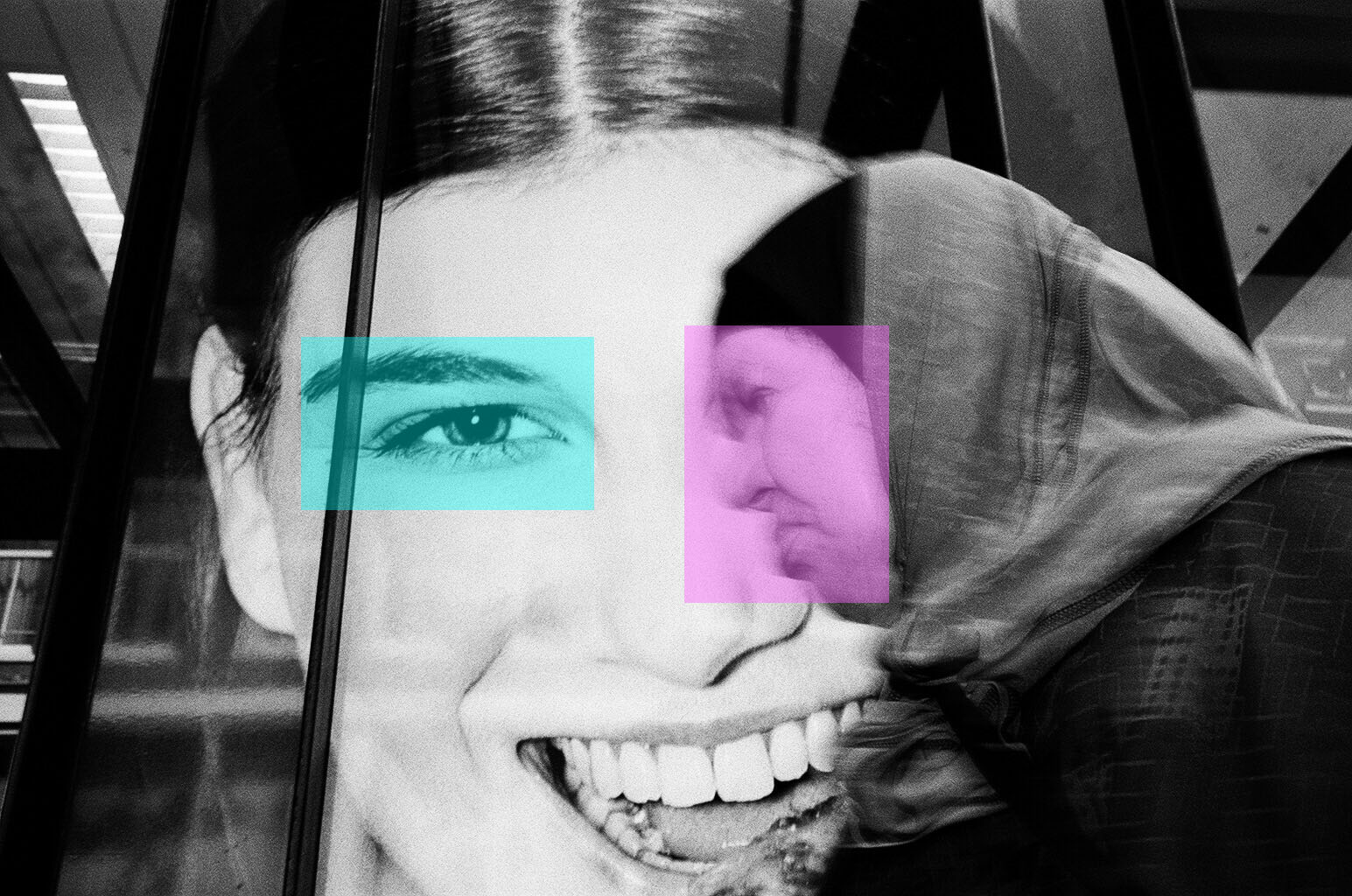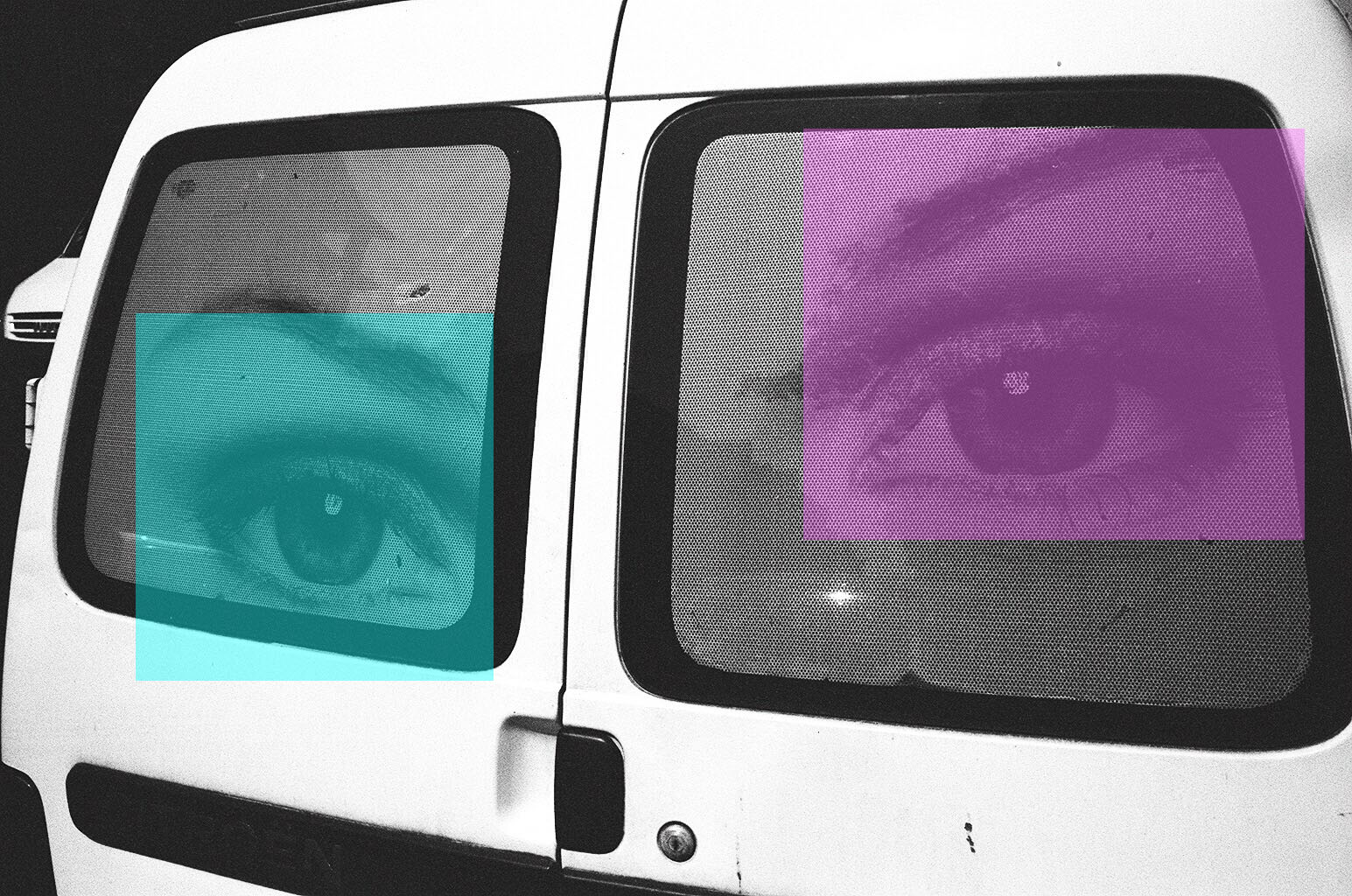Dear friend,
I am a huge Aldous Huxley fan, and one of the most influential novels I’ve read is BRAVE NEW WORLD — a future dystopia which is very very accurate in terms of how we’re living our lives today.
1. SOMA

“Better to take a gram, than give a damn.”
In this future dystopia world of BRAVE NEW WORLD, there is a drug called ‘soma’. Imagine ecstasy with no downsides. Whenever you have any ‘bad thoughts’, you can go on a ‘soma holiday’ — by taking a few grams of SOMA, to drown out all these ‘bad feelings’.
We already got SOMA. Like crack cocaine which fits in our front pockets. The dispenser is our phone. The drug is social media.
Whenever you get a ‘like’ on social media, you get a shot of dopamine. Through ‘reinforced learning’, we are trained to like getting lots of likes. Thus, our behavior is modified in order to keep hunting for more likes.
2. The ‘feelies’

Another interesting concept in Brave New World is this concept of the ‘feelies’. Imagine watching a movie, and literally feeling more sensations when watching the film. Imagine smoking weed, taking LSD, and watching a movie. Suddenly you feel more, perceive more, and experience more.
Now why is this a problem? Well, we have the modern day concept of the ‘feelies’ (Netflix and games). When we are bored, the best way to entertain ourselves is to mindlessly start scrolling through our Facebook/Instagram/Snapchat feeds, by reading on our favorite blog/websites, by watching Netflix, or just playing games on our phone or consoles.
The biggest danger of the ‘feelies’? It embeds us with pleasant feelings, and ultimately distracts us, and turns us into passive consumers.
3. We are being conditioned (without even knowing it)

There is a concept of ‘Pavlovian training’ (or Pavlov’s dog, or now ‘classical conditioning‘). The basic idea is this:
It is very easy to train a dog to do as you want them to do, via shocks and food.
In other words,
You can train a dog through pain (shocks) and pleasure (food).
With social media, we are being trained by these algorithms to think differently. The pernicious (dangerous) part of social media is this:
The very very subtle way that social media ‘nudges’ us to think/act slightly different– without us even knowing it.
For example with Facebook/Instagram, we are being trained.
- When we upload a picture and get ‘likes’, comments, and new followers– we get the dopamine hit of pleasure (like giving a dog a treat)
- When we don’t get as many likes/followers/comments as we expect — we feel pain.
Thus, we are being trained like social media dogs; obedient dogs.
4. Liquid sealing-wax
“Not so much like drops of water, though water, it is true, can wear holes in the hardest granite; rather, drops of liquid sealing-wax, drops that adhere, incrust, incorporate themselves with what they fall on, till finally the rock is all one scarlet blob.”
How are humans trained?
The traditional view:
A million drops of water can wear holes even the hardest rocks.
A more accurate view:
Humans are trained by having millions of drops of liquid sealing-wax, which adhere to our minds, and incorporate into us, until we are over-taken by the blob of liquid wax.
In other words, imagine our minds being slightly crusted over with all of these silly social media ‘fake news’ or distractions. Our minds and attention ends up getting so encrusted with superfluous ideas, that our own true inner-vision is obscured.

Just ask yourself:
How is social media, emails, news, and media subtly encrusting your mind, and obscuring your true inner-thoughts?
5. Filter prison

Obviously we all have freedom of thought. Yet this is the problem I see with social media:
Social media is nudging us to think certain ways, and making us stuck inside a ‘filter bubble‘, with a very closed-off way of thinking about the world and reality.
The concept of a ‘filter bubble’ is simple:
You get stuck in a bubble — an echo-chamber of people expressing the same ideas and opinion as you.
For example, I (ERIC KIM) am a liberal from Berkeley/SF-Bay Area. Facebook knows this about me, and thus will only show me pro-liberal news in my news-feed. It will show me anti-Trump news.
Now the problem is this: I become a prison within my own filter.

For example, I am not presented alternative views or opinions. It would actually probably benefit me as a liberal to be presented with more pro-conservative views. It would open up my mind.
Yet, social media (algorithms) continue to feed me what I want to see. Thus, it controls my thoughts and behavior — and traps me inside a mental box or prison.
6. Escaping the social media prison

I deleted my Instagram about a year ago, and I no longer use Facebook. I don’t read blogs on a daily basis, and I have also tried to abstain from podcasts and YouTube which I don’t find directly beneficial to myself.
The benefit has been this:
I am starting to listen to myself inner-voice more, and listening less to outside voices.
I do believe in this Zen-Taoist notion that emptiness is better than fullness.
For example, a cup is only useful when it is empty (you can use it to fill up with your coffee). But if your cup is already full, you cannot fill it with anything else. Thus, in order for your cup to be useful again, you must dump out what is already in the cup.
Social media can be used as a similar analogy. In order to empty out your mind (to start having more interesting and original thoughts), you must empty out the social media feed from your mind. I see social media like sugar– it tastes good, but it will ultimately give you diabetes, heart disease, obesity, and death.
In short words,
The less you use social media, the better.
Or,
The more social media you subtract or empty from your life, the better.
7. Happiness ain’t the goal

The problem is a lot of us are seeking social validation through social media, via ‘crowd-sourcing our self-esteem‘. We think this social validation will make us ‘happy’. But even if social media did make us ‘happy’ — is this desirable?
In Huxley’s words:
- What if we didn’t care for happiness?
- Happiness isn’t the sovereign goal– but something else… something higher.
Huxley’s idea:
Perhaps we should seek enlarging knowledge, to refine, intensity, and expand our consciousness.
I like this.
Perhaps the purpose of social media shouldn’t be to just make us feel good, validated, and ‘happy’. What if we could use social media to enlarge our knowledge? What if we could use social media to refine, intensity, and expand our consciousness? What if we could use social media for social good– rather than to feed more information, data, and money to these massive Orweillian platforms (think 1984) which makes money from you (the product)?
Break free!

ARS is the answer. ARS is the key. ARS is a new social platform which encourages constructive critiques, and a community of productive online learning.
ARS isn’t a popularity contest. ARS is a revolution. ARS thrives off your constructive critiques and feedbacks, and empowers all of us. As you give constructive critiques and feedback, we all thrive.
ARS isn’t a zero-sum game– we can all win together.

